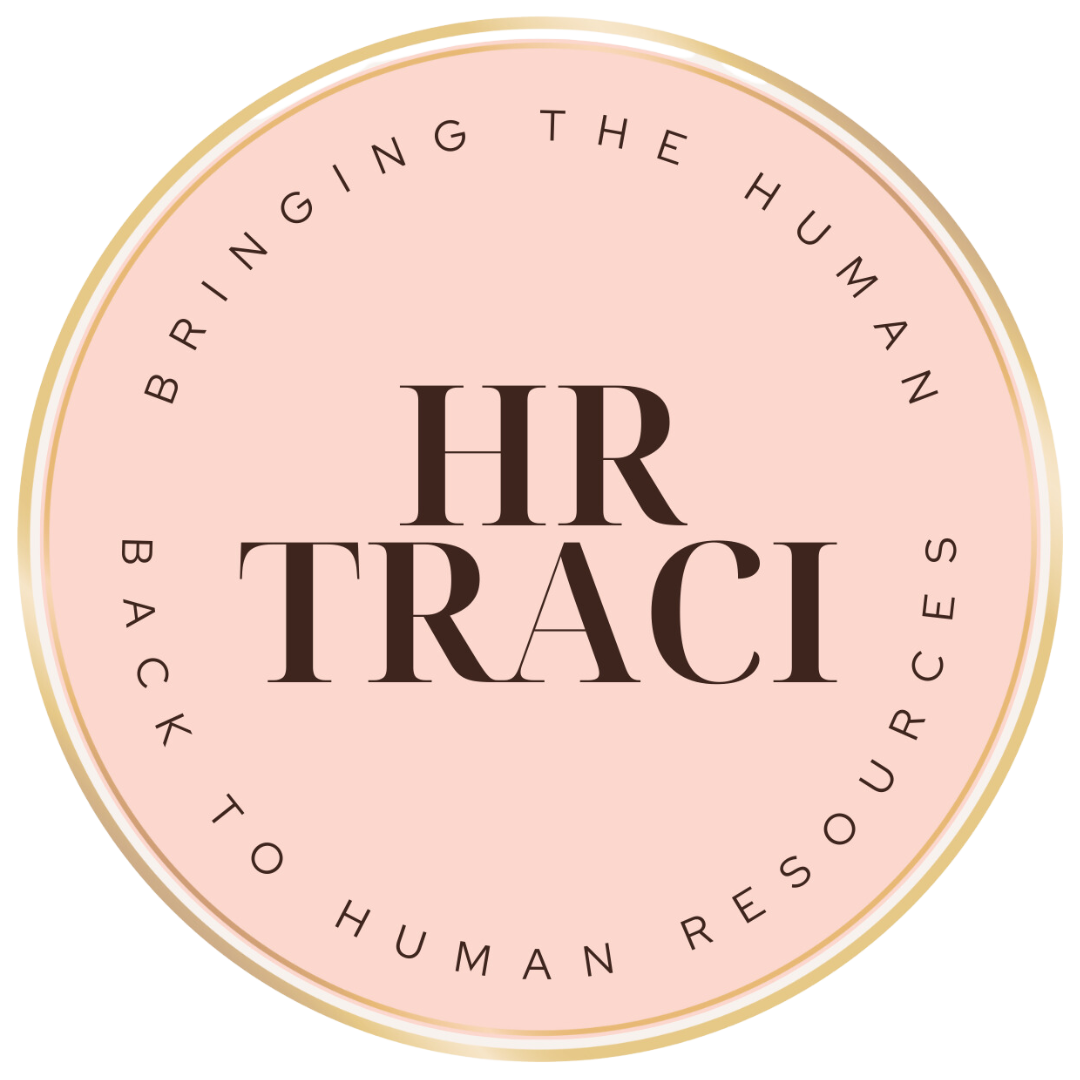Navigating Workplace Tensions in the New Normal with Sophie Wade
In our recent episode of the “Bringing the Human back to Human Resources” podcast, we had the privilege of hosting Sophie Wade, the Founder of Flexcel Network. Sophie's insights on transforming work and the future of our workplaces align perfectly with the topic we're about to explore: workplace tensions in remote and hybrid work models.
The COVID-19 pandemic has reshaped the way we work, and remote and hybrid work models have gained prominence, offering flexibility and numerous benefits. However, they have also introduced new challenges, creating tensions within organizations.
One significant source of tension is the rapid transformation happening in the business world. Technology-driven changes are occurring swiftly, and some leaders, especially those from traditional backgrounds, may resist these changes and prefer a return to the office. This generational divide can lead to conflicts and differing preferences regarding work arrangements. But these tensions are not solely about generational differences; each company and team has unique dynamics and requirements, making it challenging to balance varying needs.
Furthermore, the ongoing period of transformation and turbulence worldwide has added to the strain. Organizations are grappling with multiple shifts simultaneously, including managing a distributed workforce.
Sophie Wade's insights resonate with our discussion. She emphasized the importance of embracing distributed, asynchronous work, noting that many companies now recognize the value of remote work's effectiveness. She also highlighted the need for individual and organizational flexibility, a sentiment that aligns with Gen Z's focus on continuous learning and exploring different career options.
To address these tensions effectively, leaders must embrace empathy, foster open communication, and provide support for remote and hybrid work. Investing in training and development programs is essential to equip employees with the skills needed to thrive in these new work environments.
In conclusion, workplace tensions in remote and hybrid work models result from a rapidly changing business landscape and differing employee expectations. Sophie Wade's insights reinforce the importance of adaptability and openness. By embracing flexibility, adapting to distributed work, and supporting continuous learning, organizations can thrive in this new era of work.
If you haven't listened to the episode yet, be sure to check it out for even more valuable insights from Sophie Wade. Stay tuned for more thought-provoking discussions on "Bringing the Human Back to Human Resources."
“There is so much that is changing at the same time, driven by technology. And it means that at the same time as all of this is changing, that dealing with people working in different places is one more thing that, you know, a number of leaders, particularly older, more traditional command and control type leaders don't want to deal with.”
Sophie Wade, Founder of Flexcel Network

